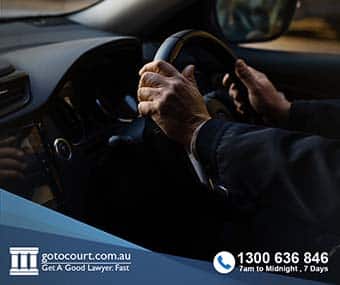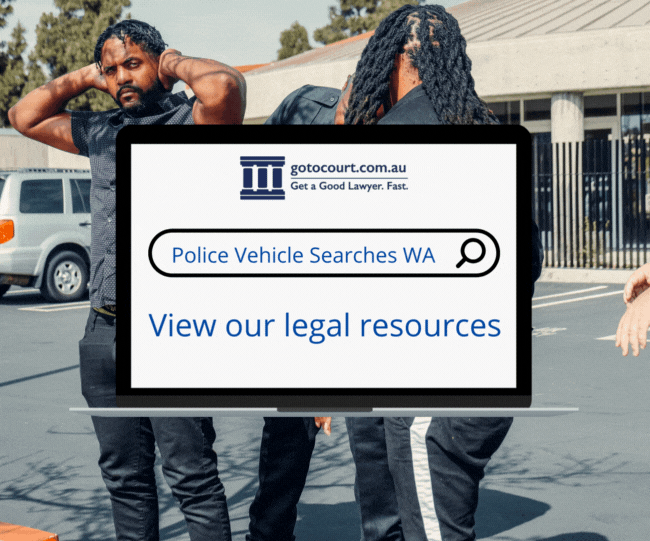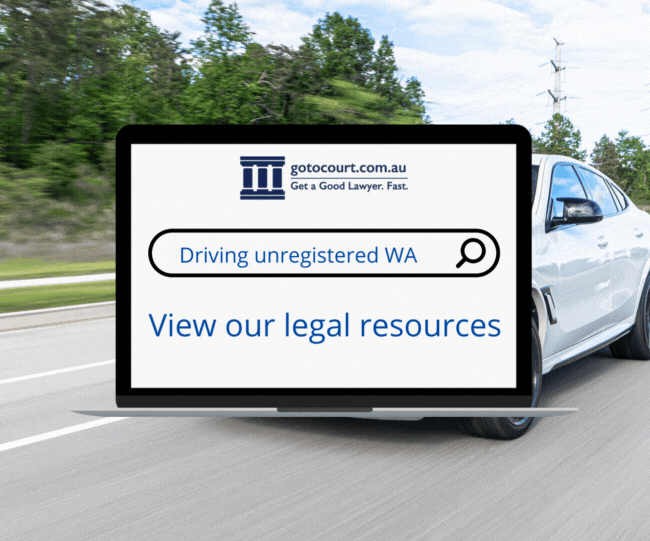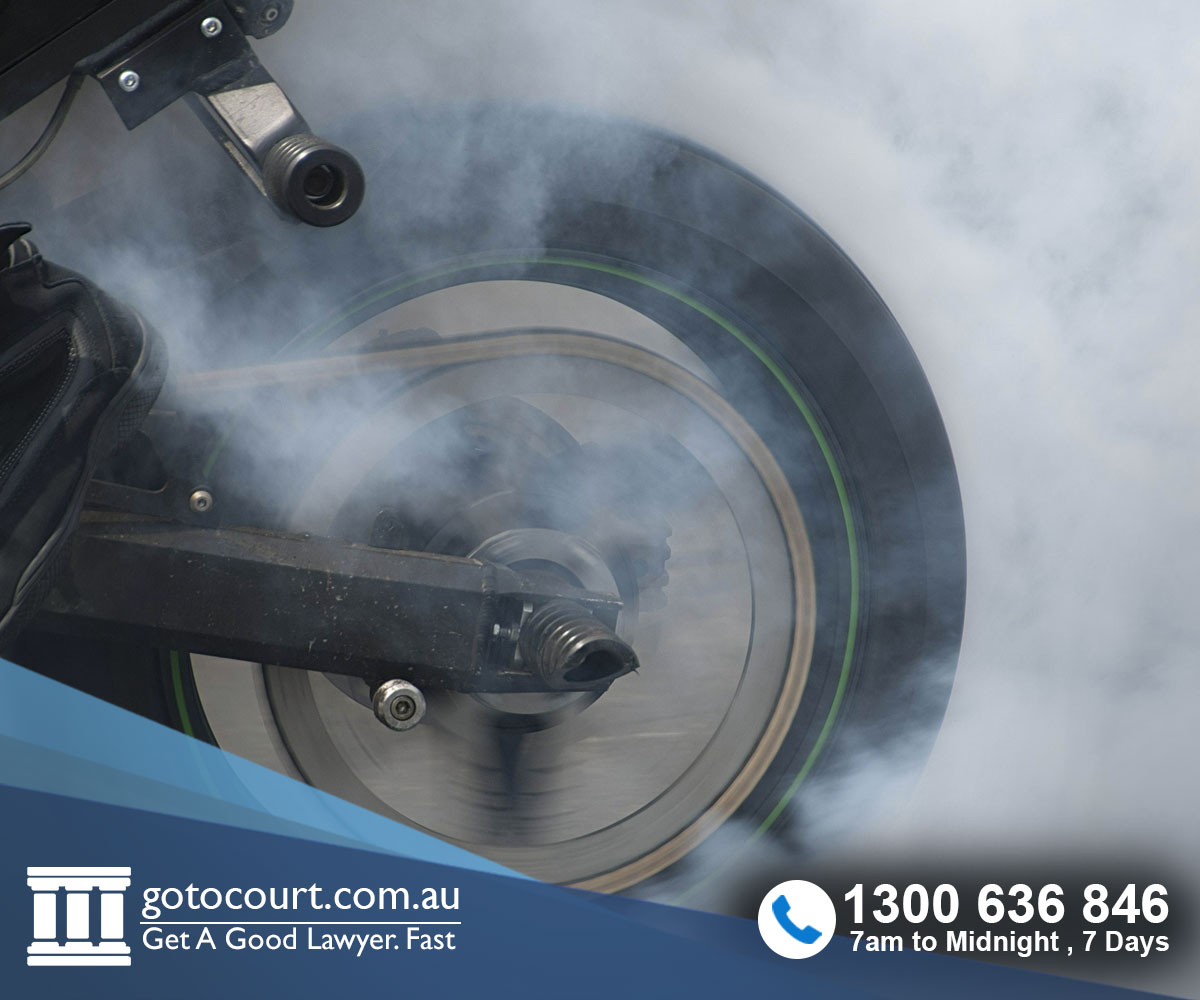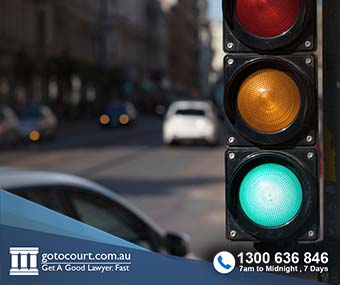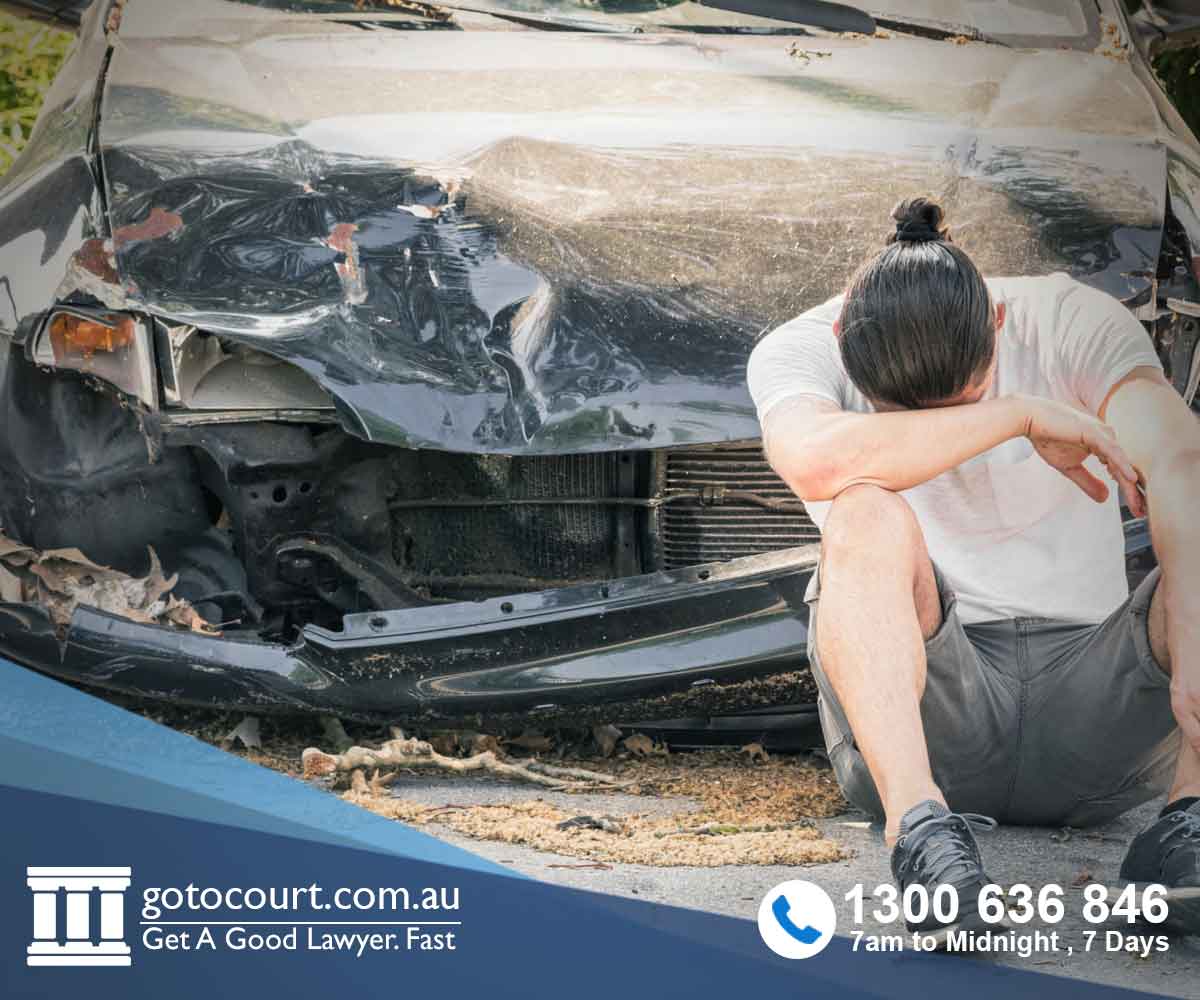Driving Unlicensed in Western Australia
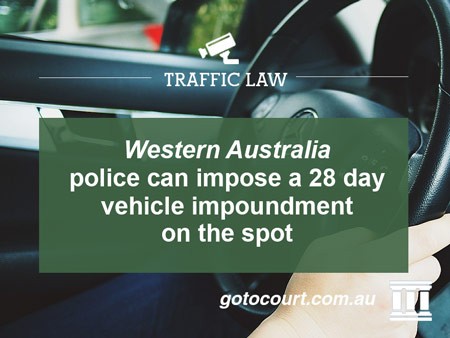
Section 49 of the Road Traffic Act 1974 (The Act) defines an unlicensed driver as a person who drives a motor vehicle on a road while not authorised to do so, or allows another person to drive a motor vehicle. This section also applies when a person drives in one of the following circumstances:
- the driver licensing authority has suspended or refused to renew a person’s driver’s licence, or refused to issue a person with a licence
- the person has had their licence cancelled
- a court has imposed a disqualification upon the person
- the person is subject to a disqualification because of the accumulation of an excessive number of demerit points
- the person has an extraordinary licence and is driving contrary to a condition relating to the time, purpose or location.
What happens if I get caught driving unlicensed?
Section 49 of the Act provides that the maximum penalty for driving unlicensed is $300 for a first offence or, $600 for a subsequent offence and even a maximum of 18 months imprisonment in certain circumstances.
In July 2009, new laws were introduced in WA under section 79A of the Act, relating to ‘vehicle sanctions’ which allowed for roadside vehicle impoundment. This means that if you drive unlicensed or allow an unlicensed person to drive your vehicle, you risk having your vehicle impounded on the spot. Impoundment applies to the vehicle used by the driver at the time of the offence, this also includes borrowed vehicles or a vehicle used for commercial purposes. The cost of impoundment is around $900 for the full 28 day period, this includes the towage and storage fee of the vehicle. Vehicles which have been impounded will not be released until the $900 have been paid in full.
Section 80A of the Road Traffic Act provides for Court Imposed Impoundment and Vehicle Confiscation: In either of these instances, any vehicles licensed to the offender, including commercial vehicles, can be impounded or confiscated – even if it wasn’t used in the offence.
Section 79A gives a police officer who charges a driver with unlicensed driving the authority to contact an authorised towing contractor and organised for the vehicle to be transported to an approved storage facility, or they may call upon another police officer or person to drive or tow the vehicle to the facility. Once the vehicle is impounded, a notice will be sent to the vehicle’s licence holder. In those cases where the driver isn’t the licence holder of the car, the offending driver will also receive a notice. A copy will be retained on the court brief and at the relevant police station. Vehicles will be sold if they’re not collected 28 days after the end of the impoundment period.
Proceeds from the sale will be used to pay outstanding towage and impounding costs.
Why was impoundment introduced in the first place?
The aim of the immediate 28 day roadside impoundment in Western Australia (WA) is to strongly deter people driving unlicensed, which will ultimately serve to remove these high-risk drivers from the roads. Police statistics show that unlicensed drivers account for approximately 20% of the state’s fatal road crashes.
The WA laws are modelled on the New Zealand program which has been credited as having the most comprehensive and successful vehicle sanction program in the world. After the introduction of vehicle impoundment in NZ in 1999, there has been a reported 38% reduction in the number of disqualified driving offences detected by Police. In the first year of the introduction of impoundment laws, over 10,000 vehicles were impounded in WA.
Who doesn’t the law apply to?
S49 of the Act does not apply to people who:
- hold a valid driver’s licence, but don’t have it on them
- have let their licence expire
- hold an inappropriate licence for the class of vehicle they drive
- have never held a licence (unless they’ve been disqualified)
- have had their licence suspended as a result of defaulting on the payment of a fine as determined through application of the Fines Enforcement Act
- are learner drivers found driving without an instructor
- are provisional drivers in their first six months of holding a licence and are found driving between 9pm and 5am without a valid excuse.

